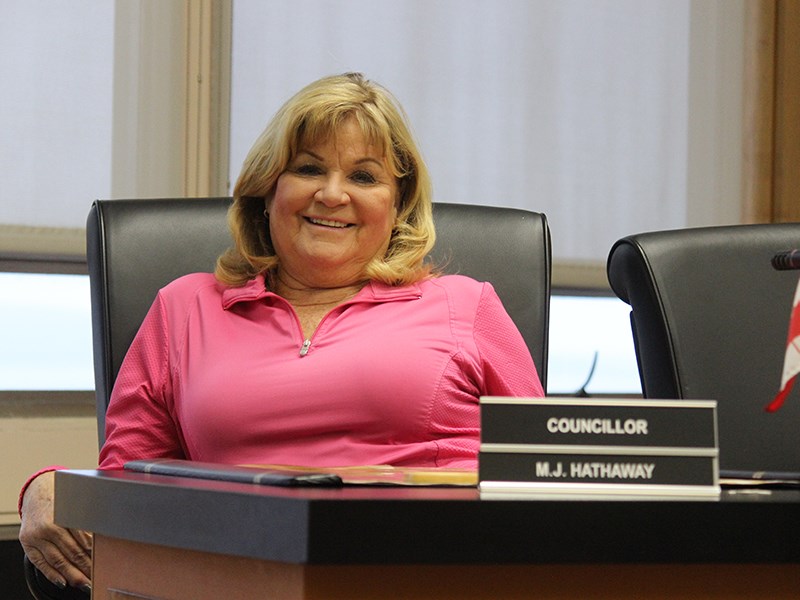City of Powell River housing roundtable is considering a funding structure under which Airbnb, and similar short-term rental online sites, collects funds from operators; a tax, for lack of a better word, according to councillor Maggie Hathaway, and pays a fee to the city for the affordable housing reserve fund. It is similar to what City of Vancouver has done.
“I like that idea,” said Hathaway, who holds the housing portfolio on council. “You can have an Airbnb, which is going to pay a little towards the affordable housing crunch. That's something we're taking a look at.”
The money from Airbnb owners would be in addition to city taxes, the provincial Municipal and Regional District Tax (MRDT) of two per cent in the Sunshine Coast region and PST.
A draft of new bylaws governing short-term rentals is expected before council in March.
According to senior city planner Daniella Fergusson, the matter of a tax-like structure will quite likely be in the report that goes to council as one of the items to consider for short-term rental bylaws.
It was also suggested at the first housing roundtable of the new term that the city could subdivide some of the properties it owns and sell the lots to provide funds for housing.
Other ideas the committee has had on the use of the reserve include purchasing and accumulating land appropriate for affordable housing, funding ongoing data gathering and process for maintaining a housing strategy, and providing incentives to developers to provide affordable housing.
According to city chief financial officer Adam Langenmaier, the city has received $23,500 from affordable housing contributions.
The average contribution per new lot or unit is $500, according to city manager of planning services Jason Gow.
Additionally, Gow said the city has entered into a number of binding agreements with landowners as a condition of rezoning to contribute $500 per lot.
The roundtable does not want these funds used for further studies, but Hathaway said there will be more research done on the critical affordable housing problem in Powell River.
“I think the province is mandating some sort of needs and demands study and they're going to fund it,” she added. “That should be coming later this year.”
Social Planning and Research Council of British Columbia (SPARC) has been working closely with the city and completed a workshop and comprehensive Housing Need and Demand Study in September 2018.
The SPARC study showed that rental supply in Powell River is showing pressure. In 2011, one in five households were rentals. By 2016, SPARC executive director Lorraine Copas said there were one in four households.
Data from the most recent Canada Mortgage and Housing Corporation annual rental market survey showed rental vacancy in Powell was 1.4 per cent for a one-bedroom apartment and 0.5 per cent for two bedrooms. Rent for the average two bedroom in Powell River is approximately $826 per month.
Copas said one of the important points was that pressure from increased housing demand in Powell River will affect low-end income earners more.
“If the average rent in the community is $826, you’'d need about $33,000 in income to carry that rent based on the standard definition of affordability,” said Copas. She added that the definition of affordable housing is 30 per cent of income.



